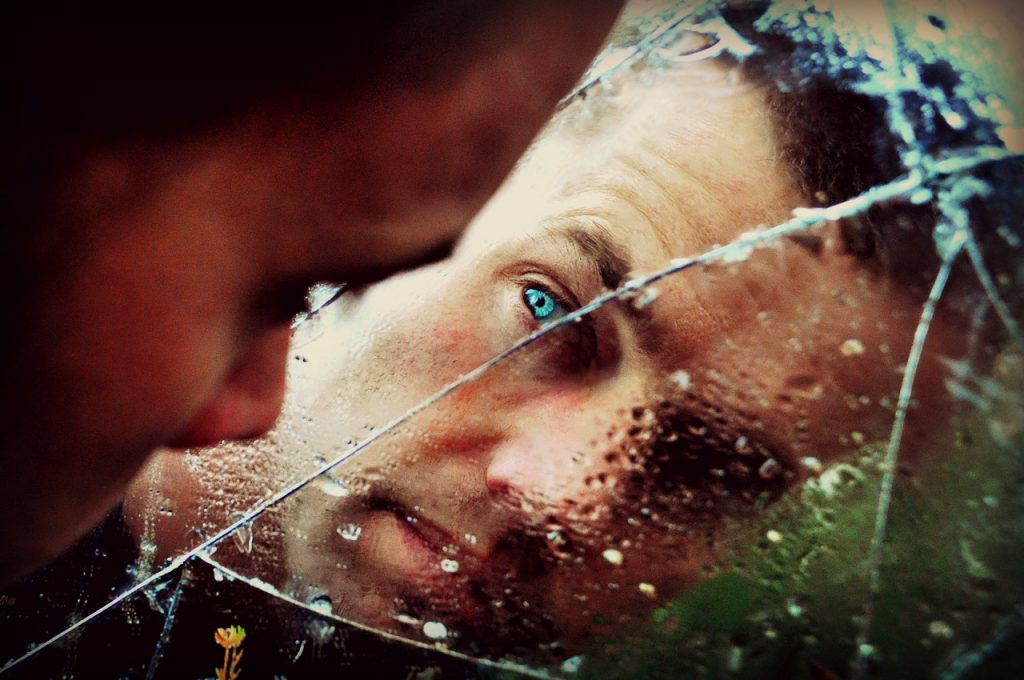Mental health and sports – finally in the spotlight

Sport comes with injuries; it’s a simple fact of life. When it is a rolled ankle or fractured leg, a strained hamstring or broken nose, play long enough, and you are going to get hurt. Professional clubs have an army of doctors, trainers, physiotherapists and medics on the payroll to cope with these accidents quickly, with seriously injured players rushed straight to the hospital and into operation, then supported through their rehabilitation.
But what happens when it is not a physical condition, but a mental one?
Professor Patsy Tremayne, a sports psychologist with Western Sydney University’s School of Social Sciences and Psychology, said sporting codes, so good at dealing with bodily injuries, are still not up to scratch when it comes to managing mental health problems.
Mental health has sat unaddressed in the Australian sporting landscape for a long time, but several high-profile athletes have recently opened up about their battles with depression and anxiety, catapulting the matter onto television screens and newspaper front pages.




